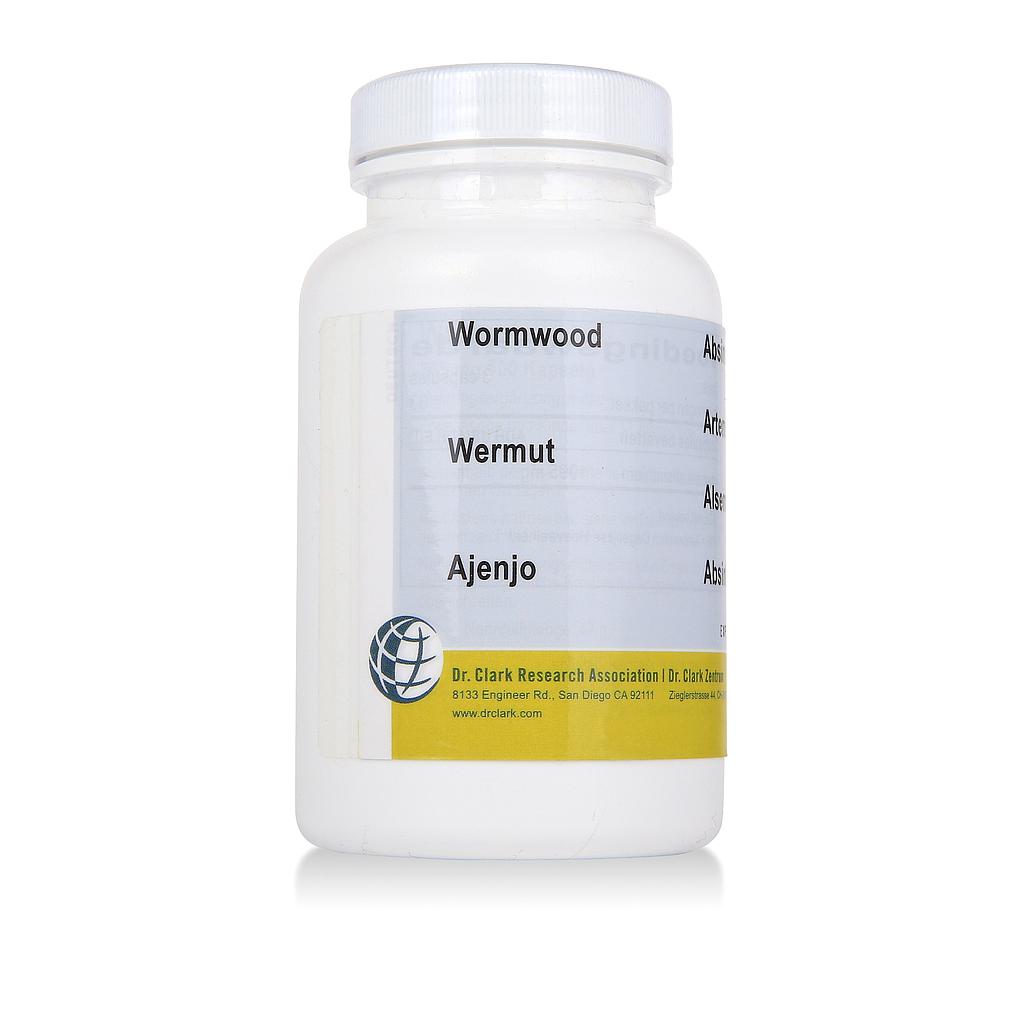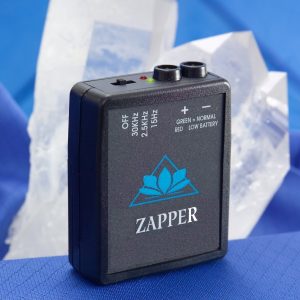Absinthe is used for various digestion problems such as loss of appetite, stomach aches, gallbladder disease and intestinal spasms. It is also used to treat fever, liver disease, depression, muscle pain, memory loss and worm infections, lack of sexual desire, as a tonic and to stimulate sweating. Absinthe is used for Crohn’s disease and kidney disease.
Uses and effectiveness?
- Crohn’s disease. Early research shows that taking absinthe daily for 6 to 10 weeks improves symptoms, quality of life and mood in some patients with Crohn’s disease. It also appears to reduce the amount of steroids needed by people with this disease.
- A kidney disease called IgA nephropathy. Early research shows that taking absinthe daily for 6 months can reduce blood pressure and protein levels in the urine in people with IgA nephropathy.
- Osteoarthritis. Early research suggests that applying an ointment or liniment containing absinthe to the knee may reduce pain in people with osteoarthritis.
- Gallbladder Disorders
- Increasing perspiration
- Indigestion
- Insect bites
- Loss of appetite
- Low sexual desire
- Spasms
- Worm infestations
- Injuries
Side effects and safety
Absinthe is safe when consumed orally in the amounts commonly found in foods and beverages, including bitter and vermouth, as long as these products are free of thujone. When taken by mouth, thujone, a molecule found in absinthe, can cause convulsions, muscle breakdown (rhabdomyolysis), kidney failure, agitation, difficulty sleeping, nightmares, vomiting, stomach cramps, dizziness, tremors, changes in heart rate, urinary retention, thirst, numbness in the arms and legs, paralysis and death.
Special precautions and warnings
Pregnancy and breastfeeding : Absinthe is safe when taken orally during pregnancy in quantities greater than those generally found in food. The problem is the possible thujone content. Thujone can affect the uterus and endanger pregnancy. It is also preferable to avoid topical absinthe, as not enough is known about the safety of applying absinthe directly to the skin.
If you are breastfeeding, do not use absinthe until you know more about safety.
Allergy to ragweed and related plants
Absinthe can cause an allergic reaction in people who are sensitive to the Asteraceae/Compositae family. Members of this family include ragweed, chrysanthemums, marigold, daisies and many others. If you suffer from allergies, be sure to consult your health care professional before taking absinthe.
Kidney problems: Taking absinthe oil can cause kidney failure. If you have kidney problems, talk to your health care professional before taking absinthe.
Seizure disorders, including epilepsy: Absinthe contains thujone, which can cause seizures. There is concern that absinthe may make seizures more likely in people who are prone to them.





Reviews
There are no reviews yet.